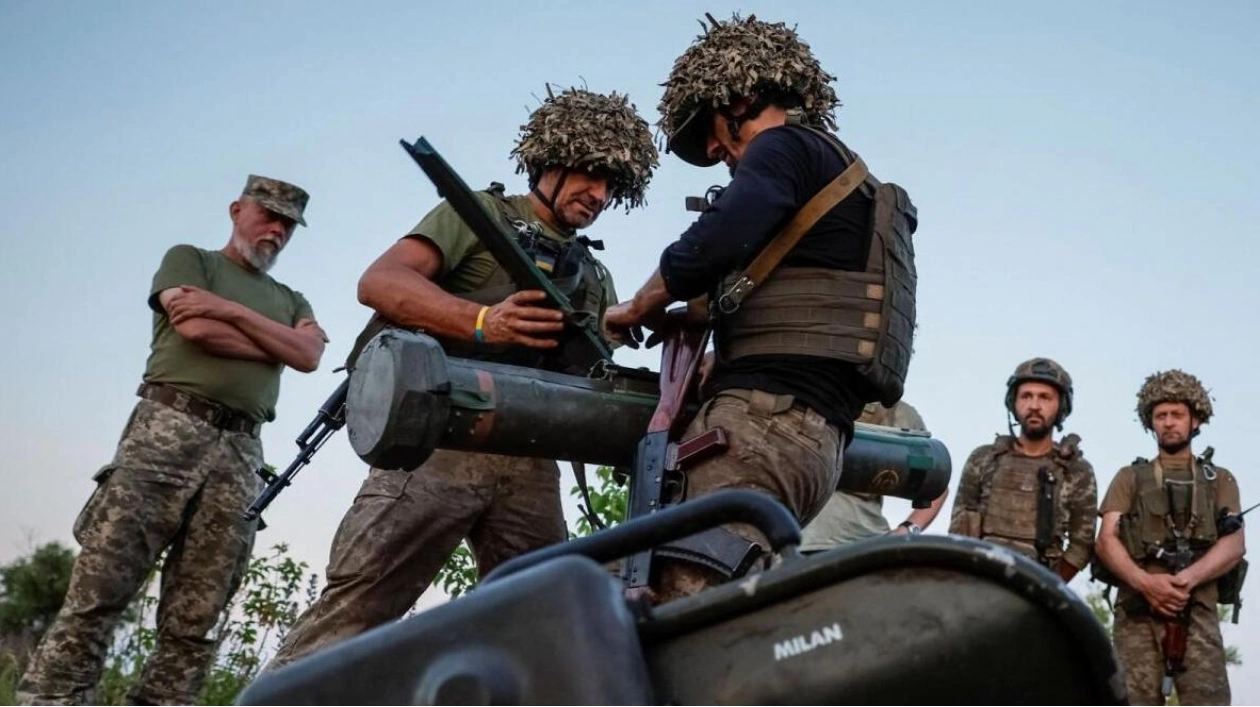Ukraine's government introduced its initial wartime tax increase on Thursday to generate billions for weapons and military salaries as the conflict with Russia approaches its 29th month. During a weekly meeting, officials and lawmakers confirmed the approval of draft amendments to the 2024 budget law, which includes a 495.3 billion hryvnias ($11.9 billion) boost in defense funding. Previously, Ukraine aimed for approximately 1.7 trillion hryvnias in defense spending for 2024. These amendments require parliamentary approval and President Volodymyr Zelensky's signature to take effect. The government also suggested raising various taxes and duties, from a war tax for residents to additional import duties and increased fuel excise taxes.
"As the full-scale war enters its third year, the demands in the security and defense sector are escalating," the finance ministry stated. "To support our resistance against the aggressor, we must depend on our own resources, primarily taxes and domestic borrowing, which will safeguard our security and hasten victory." The ministry described the proposed changes as the most feasible way to fund increased military needs, with only about one-third to be financed by tax increases. Kyiv continues to increase defense spending, intensifying mobilization efforts and bolstering its domestic weapon production.
To redirect more funds to the military, the government plans various tax hikes, aiming to collect an additional 140 billion hryvnias. It proposes raising the individual war tax from 1.5% to 5%. Draft proposals indicate an expansion of the war tax to include individual entrepreneurs and small businesses. Additionally, the ministry aims to raise approximately 362 billion hryvnias through efforts to combat the shadow economy and domestic debt markets. The government also seeks to reduce planned 2024 budget spending by 65.7 billion hryvnias, including savings on foreign debt payments. Roksolana Pidlasa, head of the parliament's budget committee, announced that lawmakers would review the amendments soon. For social and humanitarian expenses, the government relies on international aid, having received about $89 billion from Western partners since Russia's invasion in February 2022.






